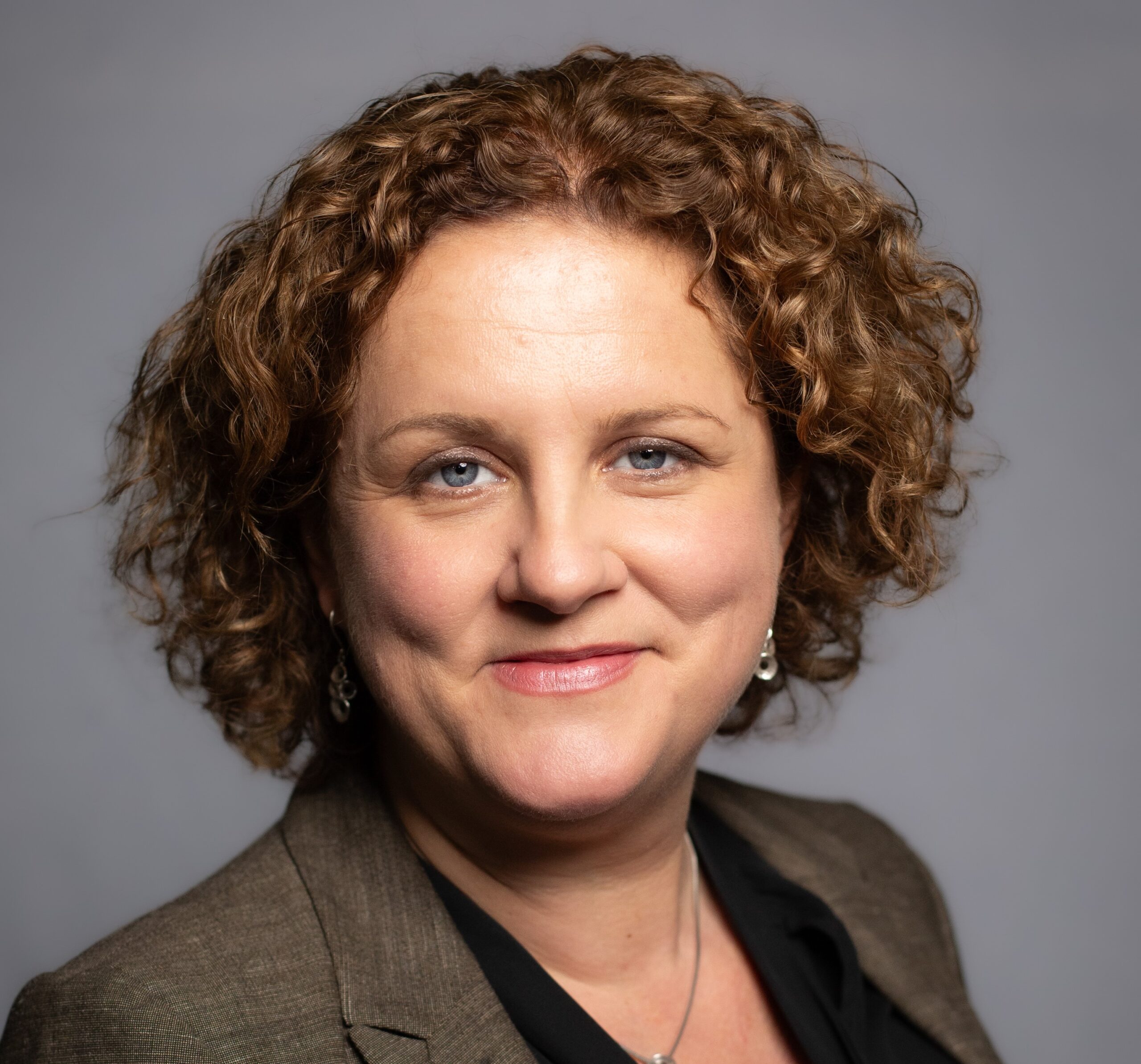DN 05/2018: 101 / 999 and Crime Recording Improvements
12 March 2018
Background
Contact with the police through the Force Control Room (FCR) is an essential means of communication for the public with their emergency services. The 2017 Public Perceptions of Policing survey reported that currently for crime reporting and information “Telephone reporting is the most frequent mode of contacting the police in each circumstance”.
Across the UK, in the last 12 months there has been a 12% increase in the volume of 999 calls, which is impacting on all emergency services and leading to a reduction in service levels. This was reflected in North Yorkshire with significant increases in the number of 999 and 101 calls over the summer period resulting in long waiting periods for 101 and delays to answering 999 calls.
Here in North Yorkshire, it is also extremely clear from public and partner feedback that such levels of service are not acceptable. Amongst other things, it risks undermining confidence in North Yorkshire Police, higher levels of abandoned calls, increased under-reporting and barriers to people passing on important information and intelligence to the police.
In addition, in February 2018 North Yorkshire Police received an ‘Inadequate’ grading from Her Majesty’s Inspectorate for Constabulary and Fire and Rescue Services (HMICFRS) for its crime recording processes, some of which have until very recently been undertaken by staff in the FCR.
As a consequence of these issues, much work has been done already within the FCR to improve the service provided to the public.
- The use of THRIVE – a more personalised response to call handling – while increasing call times, ensures that callers get the most appropriate response.
- A call back ‘queue buster’ service enables callers to request a call back from the 101 service if the waiting time is over 3 minutes.
- A ‘service desk’ has been set up that allows callers to hold for an operator and which deals with general enquiries that are not crime related.
- Improved training has been given to all staff and senior managers have been meeting frequently to progress an action plan to bring waiting times down.
- Recruitment of 56 staff by May.
- Removal of crime recording functions from call handlers and the establishment of a dedicated crime recording team.
Despite the above improvements, to keep waiting times down, especially over the busy summer months, staffing has been reviewed and this proposal put forward to ensure there is sufficient capacity and capability to maintain an effective response, maintain resilience in the face of increasing demand, and improve crime recording functions.
In addition, further information will also be gathered that will help identify longer term requirements. This will help with future planning around the Fulford Road site in York, where the FCR is based, as well as investments in new channels for crime reporting and other services via the ongoing Customer Service Review.
The following will therefore be funded:
- A permanent separation of crime recording functions from the FCR, merging them with the Crime Management Unit to form a Crime and Occurrence Management Unit (CROMU).
- Provision of additional semi-permanent accommodation at the FCR and suitable IT equipment for the FCR and CROMU.
- An increase of 42.14 budgeted FTE staff resource for the FCR and Crime and Occurrence Management Unit (CROMU) (a further recruitment of 32.14 FTE staff).
- Allocation of appropriate project resource to carry out research into options for long-term FCR service delivery in the context of current and planned transformational work, including the Customer Service Review.
Decision Record
The PCC has decided to fund a range of measures to significantly improve the service to the public provided by North Yorkshire Police’s Force Control Room in order to meet rising demand on the 101 and 999 numbers, and to ensure crime recording functions can be improved.
The PCC approves the expenditure of £1,387,847 revenue costs and £658,960 capital costs in the first year, a revenue cost of £1,171,416 in the second year, and an uplift in the ongoing revenue budget for the FCR of £941,600 for each subsequent year.
The funding will primarily be drawn down from the ‘Policing Priorities Fund’, set up by the Police and Crime Commissioner as a consequence of her decision to increase the policing precept by an average of £11.50 per household per year. This is the additional amount a ‘band D’ household will pay for policing services as part of their council tax bills in 2017/2018.

Julia Mulligan
Police and Crime Commissioner for North Yorkshire
12 March 2018
Statutory Officer Advice
Legal, Management and Equality Implications
The PCC’s CEO and Monitoring Officer has advised that while the timescales put forward have had the effect of constraining the viable options open to the PCC, and there is an emphasis on seasonal demand prediction, on the information provided this case can proceed without risk of breaching any relevant legal obligations or considerations for the PCC.
Financial and Commercial
The PCC’s Chief Finance Officer and S151 Officer has advised that sufficient funding has been made available within the Capital Programme to support the Capital expenditure outlined within the bid. In addition to this the 2018/19 budget has a Policing Priorities Fund of £1.9m to support the required improvement within the Force Control Room. The funding required to support this business case is therefore affordable within the 2018/19 budget and also on a recurring basis thereafter. The funds to enable this investment will only be made available to the Force as the expenditure is incurred to ensure that any delays or underspend are not absorbed into the Force’s wider budget.
Download
- Published on
